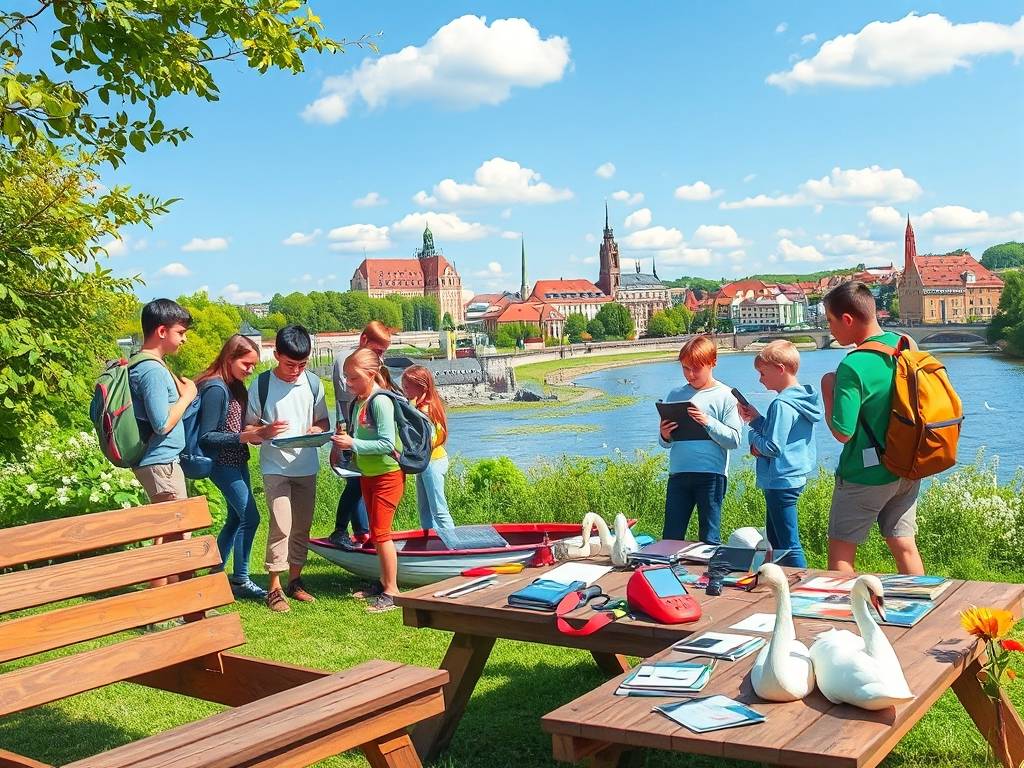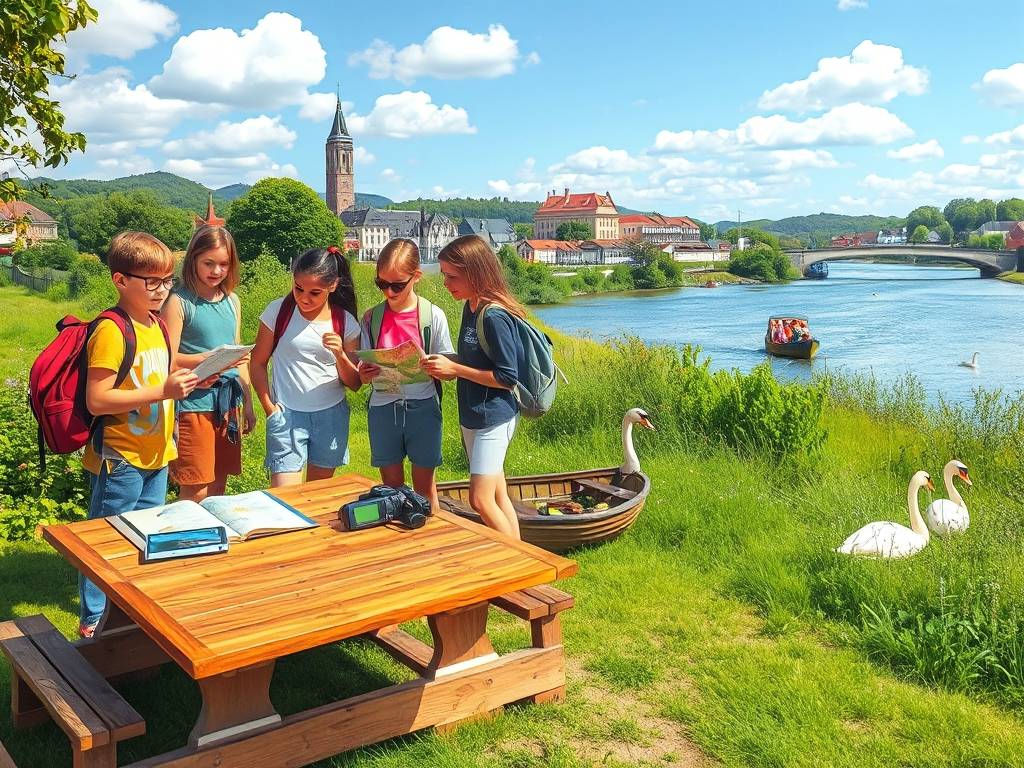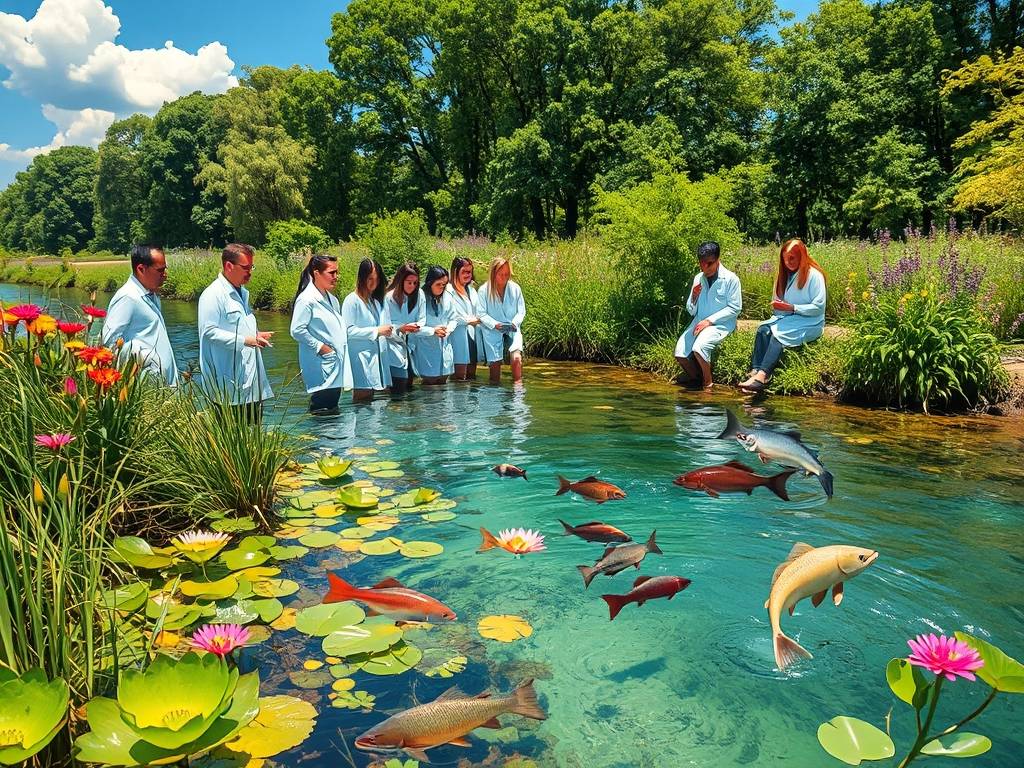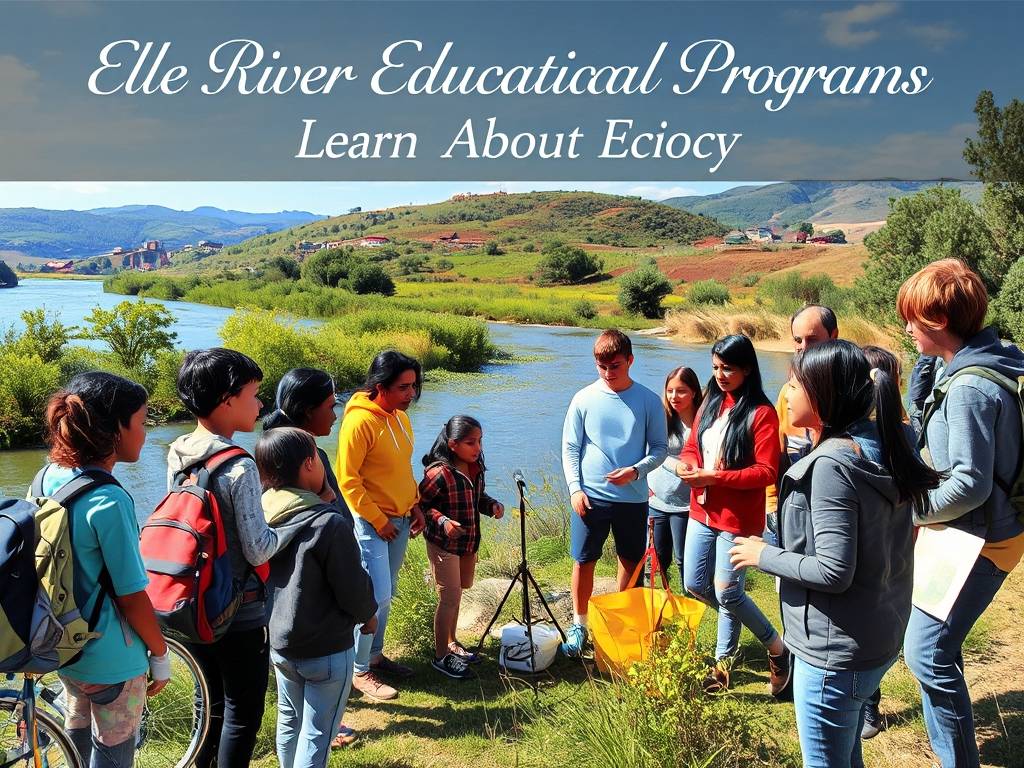Global Travel Information
Elbe River School Trips: Educational Excursions for Students
The Elbe River: A Living Classroom for Unforgettable Educational Excursions
Imagine a history lesson not confined to the pages of a textbook, but sprawled along the banks of a majestic river. Picture a geography class where students can trace the path of a waterway on a map and then feel the breeze from its surface. Envision a science lesson where water quality is tested not in a lab, but with the very river ecosystem as the subject. This is the unique and powerful promise of an Elbe River school trip, an educational excursion for students that transforms theoretical knowledge into tangible, unforgettable experiences.

The Elbe, one of Central Europe's major rivers, flows through a heartland steeped in history, culture, and environmental significance. From its source in the Czech Republic to its mouth at the North Sea in Germany, it offers a diverse and rich tapestry of learning opportunities. Organizing a student trip along the Elbe River is more than just a fun getaway; it's a strategic educational tool that brings interdisciplinary learning to life. It’s a journey that answers the crucial question for educators: how can we make learning truly stick? The answer lies here, on the water and along the shores of this historic river.

Why the Elbe is an Ideal Destination for Learning
The core strength of the Elbe as an educational destination is its incredible diversity compressed into a manageable journey. A single trip can encompass themes from medieval history to modern political science, from geology to environmental conservation. This makes it a perfect curriculum-based school excursion for students of various age groups and academic focuses.
For history students, the river is a timeline made manifest. They can stand in the shadow of the Dresden Frauenkirche, a symbol of destruction and miraculous rebirth, learning firsthand about the consequences of war and the power of reconciliation. They can explore the mighty Königstein Fortress, a centuries-old stronghold that speaks volumes about military architecture and European power struggles. A visit to the Hamburg Harbor, Germany's largest seaport, provides a dynamic lesson in global trade, logistics, and economic geography. Furthermore, the river’s path through former East and West Germany opens up profound discussions about the Cold War, division, and reunification, making history from the last century feel immediate and relevant.
For students of science and geography, the Elbe is a living laboratory. The Elbe River Biosphere Reserve, a UNESCO-recognized area, is a pristine landscape of floodplains, forests, and meadows. Here, students can engage in hands-on environmental science activities for students, such as testing water quality, identifying native bird species, and understanding the complex dynamics of a riverine ecosystem. They learn about the importance of floodplain management for river health and see conservation efforts in action. The very geography of the river—from its source in the mountains to its estuary—teaches about erosion, sedimentation, and the formation of landscapes over millennia.
Crafting the Perfect Educational Itinerary
A successful Elbe River school trip requires careful planning to maximize its educational impact. A well-structured itinerary balances guided tours, interactive workshops, and reflective downtime. A classic journey might begin in the magnificent city of Dresden, often called "Florence on the Elbe."
In Dresden, a guided walking tour can bring the Baroque splendor of the Zwinger Palace and the Semper Opera to life. But the learning goes deeper. A workshop on the city's reconstruction after the 1945 bombing fosters discussions on memory, heritage, and resilience. From Dresden, a scenic river cruise downstream offers a moving perspective of the Saxon Switzerland region, with its unique sandstone formations. This is a perfect opportunity for a geography lesson on geological processes, complemented by a guided hike through the national park.
A short journey leads to Meissen, the birthplace of European porcelain. A visit to the Meissen Porcelain Manufactory is not just a cultural outing; it’s a lesson in chemistry, art history, and craftsmanship. Students can witness the intricate process of creating world-renowned porcelain, connecting artistic skill with scientific innovation.
No comprehensive educational excursion along the Elbe would be complete without a stop in Hamburg. Here, the focus shifts to modernity and global interconnectedness. A boat tour through the vast Hamburg Harbor demonstrates the scale of global trade. A visit to the International Maritime Museum or a dialogue with port authorities about sustainable practices in major ports can provide incredible insights into 21st-century challenges and careers. For a poignant historical contrast, a trip to the Stasi Museum in nearby Rostock offers a deep dive into the mechanisms of state control in the former GDR, perfectly complementing the earlier lessons on German division.
The Tangible Benefits: More Than Just a Trip
The value of these educational excursions for students extends far beyond checking off curriculum boxes. The immersive nature of an Elbe River school trip fosters a range of soft skills and personal development outcomes that are difficult to achieve in a traditional classroom.
- Interdisciplinary Learning: The Elbe naturally connects dots. A student might start the day learning about the geology that formed the river valley, then see how that geography influenced the placement of a medieval castle, and end the day discussing how the same river is now a vital economic artery. This holistic view helps students understand the interconnectedness of knowledge.
- Cultural Immersion and Empathy: Traveling through Germany and potentially the Czech Republic, students are immersed in a different culture. They practice language skills, navigate new social norms, and taste local cuisine. This firsthand experience is one of the most effective benefits of educational travel, fostering global awareness and cultural empathy.
- Sparkling Curiosity and Engagement: There is a magic in seeing a concept come to life. The spark in a student’s eyes when they finally understand the scale of a container ship in Hamburg, or the awe they feel standing inside a rebuilt church in Dresden, is priceless. This renewed engagement often translates into a more profound interest in their studies back at school.
- Building Independence and Teamwork: Traveling as a group requires cooperation, responsibility, and adaptability. Students learn to manage their belongings, be punctual, and support their peers. These experiential learning advantages are crucial for their personal growth and future readiness.
Practical Planning for a Smooth Journey
For teachers and trip organizers, the logistics are a key consideration. The good news is that the Elbe region is exceptionally well-equipped for student travel logistics in Central Europe.
- Transportation: The region boasts excellent rail connections, making train travel a convenient and scenic option. For a truly unique experience, consider a multi-day journey on a dedicated student cruise ship on the Elbe, which serves as a floating hotel and classroom, minimizing transit times and unpacking.
- Accommodation and Meals: Numerous youth hostels and budget hotels are strategically located along the river. Many offer group discounts and dedicated meal plans, simplifying the budgeting process.
- Safety and Supervision: The countries along the Elbe are known for their safety, excellent infrastructure, and efficiency. Reputable tour operators specializing in educational tours can handle all the details, from insurance to emergency protocols, allowing teachers to focus on the educational content.
In conclusion, an Elbe River school trip is an investment in education that pays dividends in knowledge, skills, and inspiration. It is a journey that turns the river into a teacher, its cities into classrooms, and its landscapes into textbooks. By carefully designing an itinerary that leverages the river’s rich offerings, educators can provide students with a formative experience—a memorable educational journey that not only teaches them about history, science, and culture but also about themselves and their place in the world. It is, without a doubt, one of the most rewarding educational excursions for students available in the heart of Europe.
相关文章
- Elbe River Volunteer Opportunities: Help Protect the Waterway
- Elbe River Conservation Efforts: How to Support the Environment
- Elbe River Clean-Up Events: Join a Local Initiative
- Elbe River Educational Programs: Learn About Ecology
- Elbe River Science Tours: Explore the River’s Ecosystem
- Elbe River Weather Forecast: Plan Your Day Along the Water
- Elbe River Climate Information: Average Temperatures Year-Round
- Elbe River Wind Conditions: Tips for Boaters & Cyclists
- Elbe River Rain Gear: Stay Dry During Your Visit
- Elbe River Sun Protection: Stay Safe in the Summer
发表评论
评论列表
- 这篇文章还没有收到评论,赶紧来抢沙发吧~


